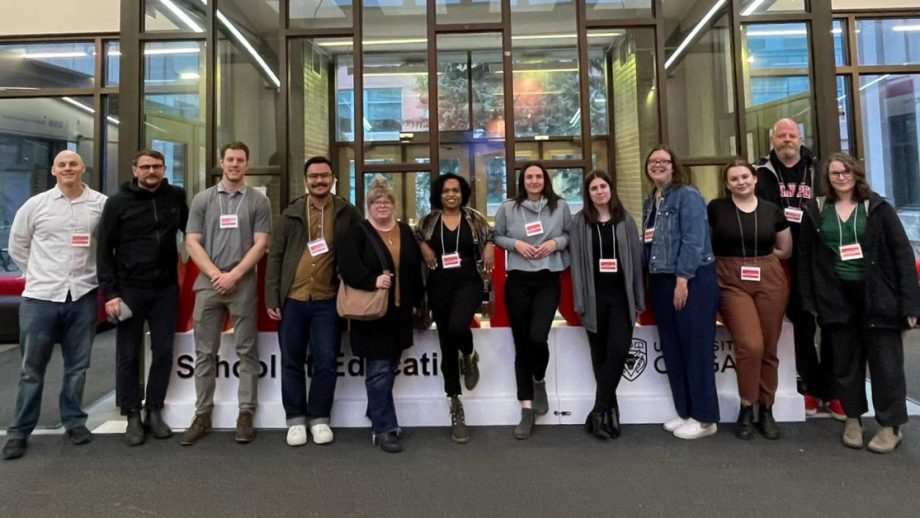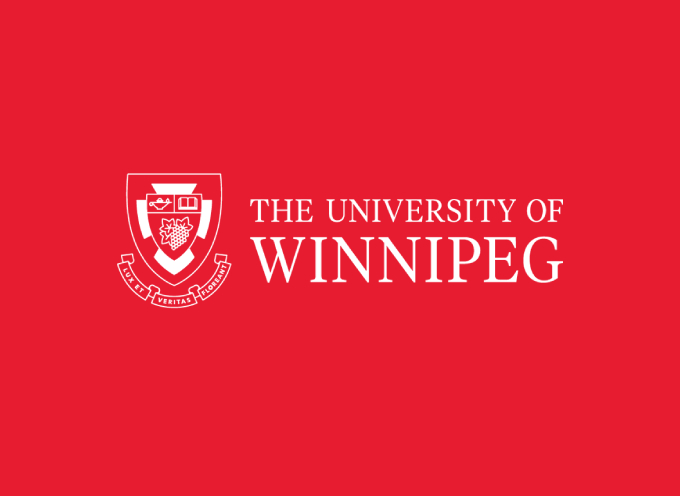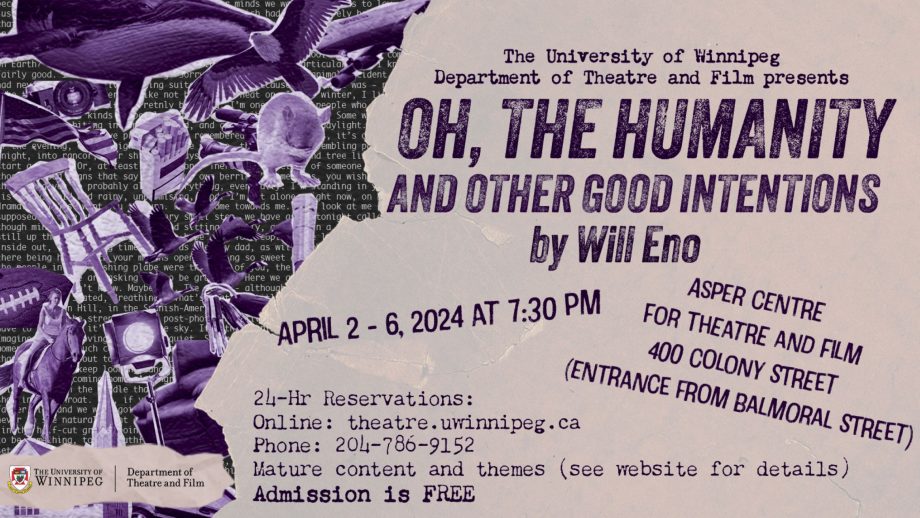WINNIPEG, MB – The University of Winnipeg is pleased to welcome two renowned Peruvian scholars, invited by Prof. Ross McCormack, director of the Global College Institute for Cultural and Political Studies of the Americas, to campus to teach more than 100 students for the next two weeks.
Dr. Teofilo Altamirano is a visiting professor from Pontifica Universidad Catolica del Peru, and is a principal investigator with the Centre for Social, Economic, Political and Anthropological Research. He also has written on the issue of legal identity and poverty in Peru, with particular attention to the “undocumented” Indigenous poor. His course, from May 9 to May 20, focuses on Migration and Human Rights along with host Professor Ross McCormack. Of Indigenous ancestry, Dr. Altamirano will also serve as an advisor to UWinnipeg’s Master’s In Development Practice, with a focus on Indigenous Development, which is now accepting students for September 2011.
Students learn about contemporary international migration in the context of the political, economic and financial crisis, both in sending and receiving countries. International and national policies implemented by governments in Canada, the US and the European Community nations, as well as by Latin American and African countries on voluntary and involuntary migration will be analyzed. Among other themes, the course addresses such issues as labour restrictions and deportations.
Dr. José Luis Renique graduated from the Universidad Catolica del Peru in Lima and later earned a PhD in History at Columbia University in 1987. He is currently in the Department of History, Lehman College and the PhD Program in History at Graduate Center, New York. His course, from May 9 to May 20, focuses on Democracy and Human Rights in Latin America along with host Professor: Ross McCormack.
This course examines the evolution of Human Rights in Latin America as a fundamental dimension of the process of democratization initiated in the 1980s. Understanding the obstacles to advance this cause against the background of Latin American authoritarian tradition is a major concern. Three areas are of particular focus; the State and the Armed Forces; Social Movements and Civil Society; and US foreign policy.
MEDIA CONTACT
Diane Poulin, Communications Officer, The University of Winnipeg
P: 204.988.7135, E: d.poulin@uwinnipeg.ca




